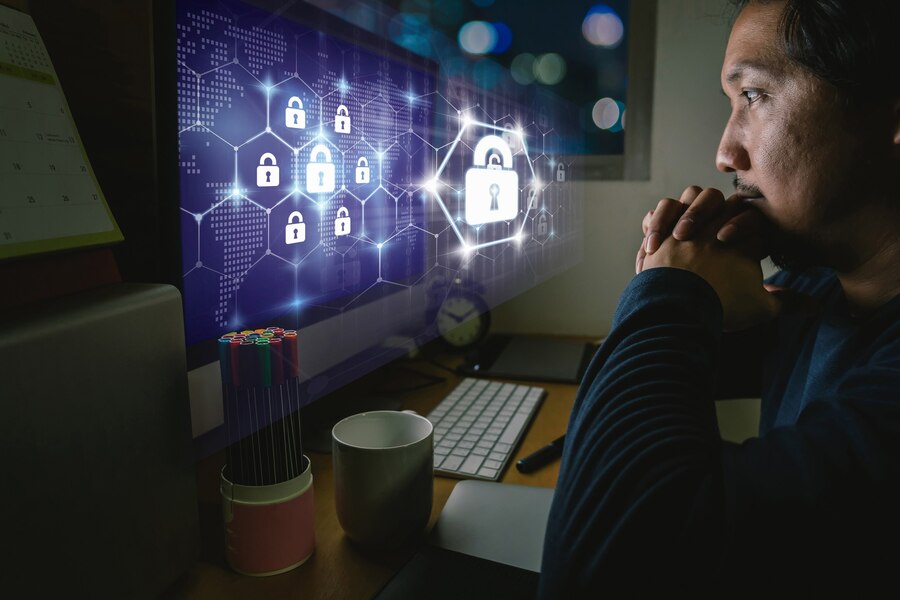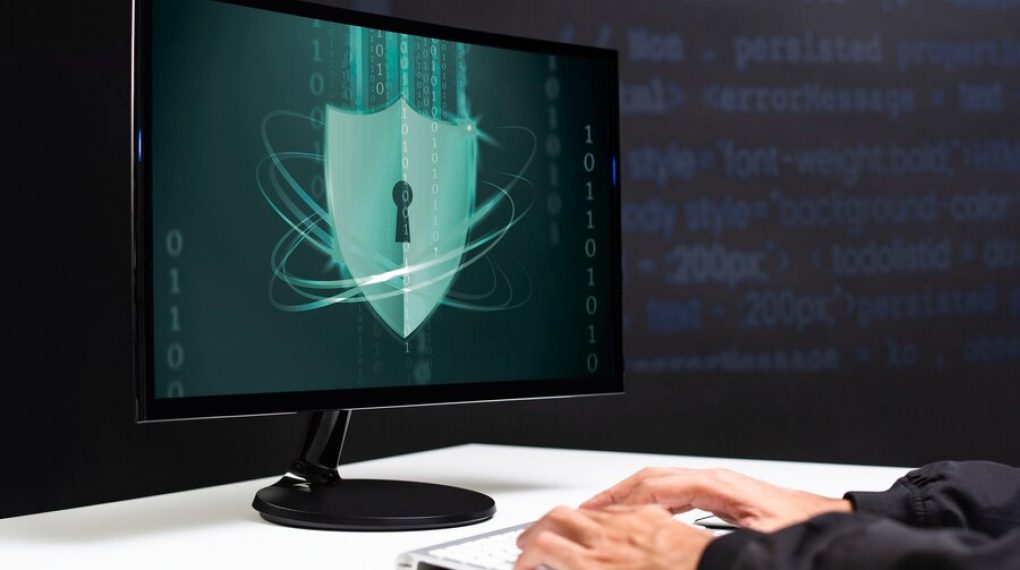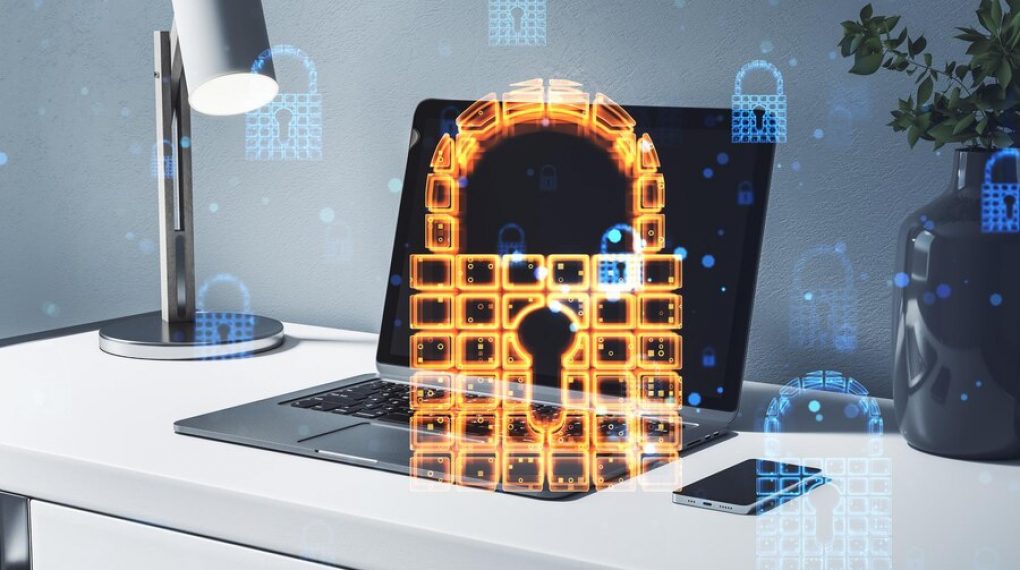
Virtual data rooms (VDRs) enable secure collaboration by providing a private digital space for organizations to store and selectively share confidential files without compromising security or control. Military-grade defenses including encryption, access controls, and activity monitoring safeguard sensitive materials from internal and external threats.
This robust protection facilitates essential business functions like mergers and acquisitions, fundraising events, and licensing deals requiring confidential document sharing across multiple parties. Purpose-built VDRs provide adaptable, multi-layered security that traditional infrastructure lacks, making them an indispensable element of modern cybersecurity frameworks.
Virtual Data Room Defined

A virtual data room is a secure online repository for storing and sharing confidential information. These private digital spaces enable companies to carry out activities like mergers and acquisitions. They are also used for audits, licensing agreements, fundraising, and more without compromising sensitive materials.
Unlike physical data rooms requiring manual organization and dedicated real estate, VDRs deliver unmatched accessibility and practicality – approved users can access stored data remotely anytime with an internet connection. Their space-saving digital format also makes collaborating with widespread teams more efficient.
Firmex: A Brief Overview
Firmex stands out as an industry leader in virtual data room solutions, cementing itself through an unwavering commitment to security and customer success. Their platform facilitates sensitive transactions and due diligence initiatives across diverse sectors including finance, biotech, manufacturing, legal services, and more. It strikes an optimal balance between usability and vigorous data protection that engenders trust in clients.
Firmex has earned its stature through consistent innovation to solve emerging needs and ensure its virtual data room stays at the forefront of technological capability and security resilience. This market responsiveness and reliable performance continue to win awards even against long-standing competitors.
Role Of Virtual Data Rooms
Virtual data rooms are indispensable for enabling controlled digital sharing of confidential business materials. They empower companies to freely exchange information with external parties without concern of unauthorized access or data leakage. This capability facilitates essential functions like due diligence, fundraising events, licensing deal structures, and M&A negotiations which require secure document sharing across multiple stakeholders.
For example, M&A transactions may involve terabytes worth of financial records, intellectual property, client data, and other materials that cannot be exposed but need to be accessed by various lawyers, accountants, and executives involved in the process. VDRs allow this access while preventing compromise. The isolation and privacy controls inherent to VDRs permit such sensitive multi-party collaboration to occur seamlessly.
Common Hacking Techniques

Hackers employ an array of tactics when attempting to breach a system. Phishing and spear-phishing methods leverage carefully crafted emails, websites, and messages to manipulate human psychology and trick users into revealing login credentials or other access points. Once inside, custom malware – viruses, worms, spyware – can extract or corrupt data while ransomware encrypts files for payment.
Denial of service campaigns overwhelms sites with traffic to crash servers. However, the most common and successful approaches target existing technological vulnerabilities – unpatched software susceptibilities, misconfigured access rules, weak or leaked passwords, and insufficient encryption. Identifying and closing these security gaps is essential.
Data Rooms Vs Traditional Storage
Virtual data rooms offer several advantages over traditional storage methods. One key benefit is that VDRs exist in a digital space, making them devoid of physical vulnerabilities. They can’t be destroyed or stolen in the traditional sense. Overwhelming waves of data can be contained and controlled easily, an impossible feat in physical spaces.
In contrast to local servers, VDR providers maintain robust security measures that continually adapt to the evolving landscape of cyber threats. This includes state-of-the-art encryption, user access controls, and secure file transfer protocols – features rarely found in traditional storage systems.
Data Encryption In VDRs

Encryption represents a central pillar of VDR security, altering information into coded sequences only decipherable with a secret decryption key. Reputable VDRs encrypt data during both transmission and inactive storage using industry gold standards like 256-bit AES to prevent unauthorized access. Some providers offer multiple encryption layers for added security.
Encrypting data assets both at rest and in motion defends against compromise from stolen files or intercepted transmissions. Decryption also generates detailed activity logs for administrators. However, encryption strength still depends on key integrity. That’s why leading VDRs mandate complex autogenerated keys that frequently rotate to minimize attack windows.
User Access Controls
Granular user permissions enable precise access control critical for privacy. VDR administrators can define individual data access rights tied to job duties. While most external visitors may only view specific documents, internal team members can be granted extensive editing and upload privileges based on their project role. Permissions may relate to certain data types, IPs, departments, or time windows.
Such role-based access manipulation reduces the risk of unintentional exposure by restricting documents to only relevant authorized viewers, minimizing internal and external threats. Audit logs further enhance transparency by revealing which users accessed what data.
Monitoring And Tracking Activity
Comprehensive activity monitoring, audit trails, and access logs provide tremendous visibility while fortifying security. Detailed reporting reveals which files were accessed, downloaded, or modified together with timestamps for automatic alerts on abnormal behavior. Session recording may also track on-page activity.
This degree of monitoring delivers insight into external visitor interests during transactions while enabling internal risk management to quickly identify and investigate suspicious incidents and policy violations before damage occurs. Regular analysis of usage patterns from application and error logs also facilitates preemptive troubleshooting to bolster defenses.
Built-In Firewall Protection

Reputable VDRs have built-in firewall systems monitoring all inbound and outbound network traffic as an initial line of defense. Firewalls filter data packets based on predefined security rules, blocking suspicious requests while allowing legitimate traffic to pass. Acting as relentless gatekeepers, VDR firewalls detect and throttle denial of service assaults and malformed data packets used in code injection exploits.
They further obstruct outbound transmissions containing sensitive data attempting to exit the platform covertly. Next-generation firewalls even mitigate internal attacks arising from compromised credentials via behavioral analysis engines. Their 24/7 nature offers constant frontline protection.
Regular Audits And Compliance
Leading VDR providers mandate routine external audits to validate that security mechanisms are fully functional and adapted for ever-evolving threats. Common oversight includes SOC 2 Type II assessments proving compliance with five Trust Service Criteria – security, availability, processing integrity, confidentiality, and privacy.
Additionally, adherence to internationally recognized standards like ISO 27001 and GDPR demonstrates a superior, legally accountable security posture focused on continual improvement. This external analysis also verifies internal access controls, encryption strength, resilience to common attack vectors, and other defenses to uncover any weaknesses needing remedy.
The Importance Of Secure File Sharing
Secure file transfer and sharing capabilities are imperative for VDRs given the sensitive materials they house. File encryption ensures data remains indecipherable during transit to prevent interception. Secure upload portals and protocols like SFTP with built-in virus scanning offer further protection.
Access tokenization for external recipients also guarantees that shared files are only usable to those with valid credentials. These mechanisms allow ad hoc collaboration without anxiety of data leakage across organizations or geographies, underpinning transactions.
Summing It Up
Virtual data rooms are indispensable for protecting highly sensitive data from both internal and external threats. Military-grade encryption secures information while granular access permissions, detailed activity audit trails, and auxiliary defenses like embedded firewall systems provide layered security unfeasible with traditional infrastructure.
As digital adoption grows across industries, integrating this level of scalable yet adaptable security will only gain greater enterprise urgency. With continuous feature expansion, VDRs are positioned to grow in both market share and security capabilities for years to come.
Additional:






